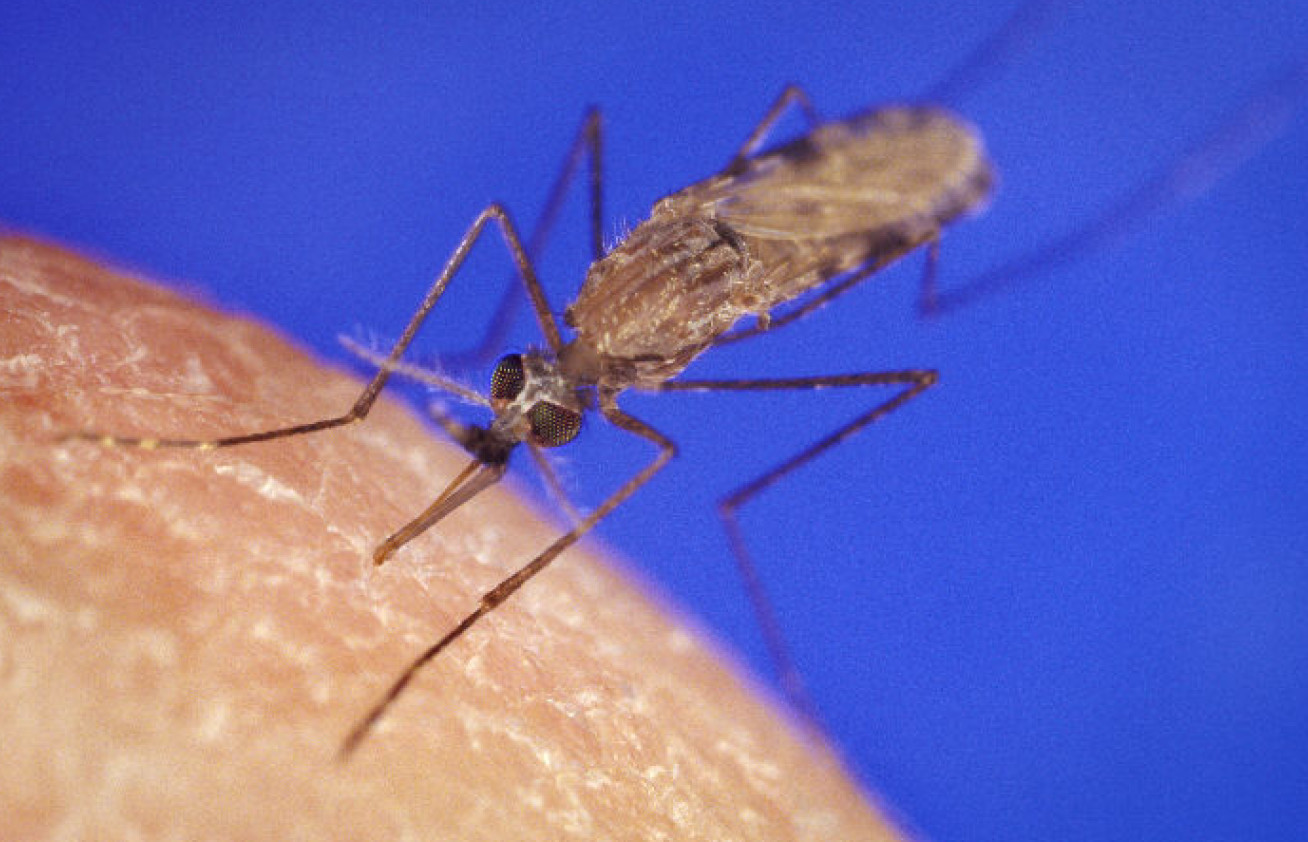Tricky turbulence and lung cancer links: News from the College

Here’s a batch of fresh news and announcements from across Imperial.
From new understanding of the role that turbulence plays in oceans, to why lung cancer has worse outcomes in men, here is some quick-read news from across the College.
Tricky turbulence
 Turbulence – the chaotic motion of fluids like air and water – is essential to every fluid system on Earth, but is notoriously difficult to understand. Describing how turbulence drains energy from fluid motions has eluded scientists for decades, as the standard theory is known not to match observations.
Turbulence – the chaotic motion of fluids like air and water – is essential to every fluid system on Earth, but is notoriously difficult to understand. Describing how turbulence drains energy from fluid motions has eluded scientists for decades, as the standard theory is known not to match observations.
A new paper by Dr B. B. Cael of the National Oceanography Centre and Dr Ali Mashayek of Imperial’s Department of Civil and Environmental Engineering has now reconciled the discrepancy which has eluded academics for 60 years, paving the way for a better understanding of the role that turbulence plays in oceans and elsewhere. Dr Mashayek said: “We adjusted the standard theory to account for the fact that turbulence comes about in different ways, often all happening at the same time. This eliminated this mismatch between theory and data.”
The new theory could be used to predict more extreme events like abnormally large waves, and could have further applications in astro, solar, and plasma physics.
Controlling GM mosquitos

Researchers have engineered an innovative approach to disable powerful genetic devices engineered to control harmful insect populations.
The team, led by Imperial researchers, previously developed gene drive technologies that could eliminate populations of mosquitoes in the laboratory, offering a new powerful strategy to prevent deadly vector-borne diseases like malaria. Gene drive elements inserted in the mosquito genome can rapidly spread genetic modifications, such as impaired fertility, throughout the entire population after mating with wild insects.
In this new study, the team gained enhanced control of the gene drive system by deactivating it using a bacteriophage-derived protein, called AcrIIA4, directly encoded into the mosquito genome.
Modelling predictions as well as cage testing performed in the laboratory show that a single release of male mosquitoes carrying the protein can block the spread of the suppressive gene drive and prevent population collapse.
Read the full paper in Nature Communications: ‘A genetically encoded anti-CRISPR protein constrains gene drive spread and prevents population suppression’
Emission rate impact
 Lockdown caused a rapid reduction in carbon emissions. This prompted scientists to question whether this change was strong enough to invalidate previous climate change projections.
Lockdown caused a rapid reduction in carbon emissions. This prompted scientists to question whether this change was strong enough to invalidate previous climate change projections.
A large international group of researchers used up-to-the-minute estimates of the effects of lockdown on emissions and simple projections of how lockdown will impact future emissions. The group, which included Met Office scientists and Imperial’s Dr Robin Lamboll and Dr Joeri Rogelj, then compared results.
Dr Lamboll says: “Traditionally calibrated emissions grids usually take years to collect and aren’t designed to include rapid changes in emissions. This project worked much more quickly using sources such as mobile phone travel and location data to estimate emissions changes.
“The emissions were put through many different climate simulators to see if the results substantially differ from projections made before lockdown. Initial results show that although the air has become temporarily cleaner, lockdown has not significantly impacted the climate in the medium or long-term.”
Lung cancer link
 A new study has shed light on why lung cancer has worse outcomes in men than women. By looking at the genetics of patients with lung cancer researchers have identified that a proportion of male patients had a degradation of their Y chromosome. Professor Miriam Moffatt and team found that a quarter of male tumours have lost all or part of their Y chromosome.
A new study has shed light on why lung cancer has worse outcomes in men than women. By looking at the genetics of patients with lung cancer researchers have identified that a proportion of male patients had a degradation of their Y chromosome. Professor Miriam Moffatt and team found that a quarter of male tumours have lost all or part of their Y chromosome.
Lung cancer is the most frequent cause of cancer death worldwide. It affects more men than women, and men generally have worse survival outcomes. There is a recognised need for biomarkers capable of guiding treatment decision making in lung cancer. These findings highlight a biomarker that may be used to identify a male patient group at increased risk so they can be treated earlier.
The paper was recently published in Nature Scientific Reports ‘Y disruption, autosomal hypomethylation and poor male lung cancer survival’.
Want to be kept up to date on news at Imperial?
Sign up for our free quick-read daily e-newsletter, Imperial Today.

Article text (excluding photos or graphics) © Imperial College London.
Photos and graphics subject to third party copyright used with permission or © Imperial College London.
Reporter
Ms Helen Johnson
Communications Division
Caroline Brogan
Communications Division
Hayley Dunning
Communications Division
Andrew Youngson
Communications Division